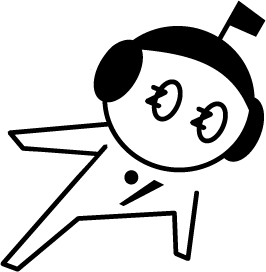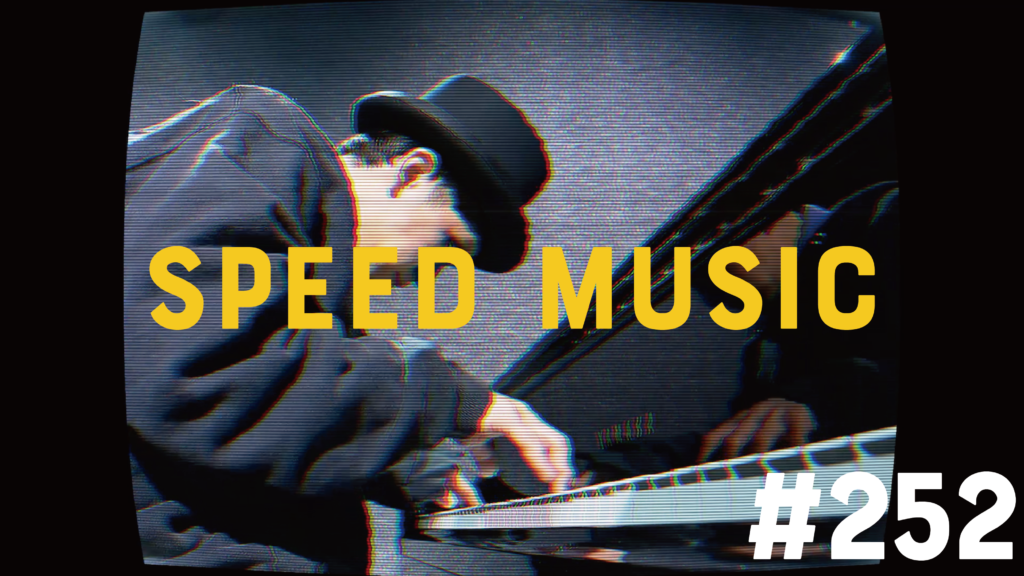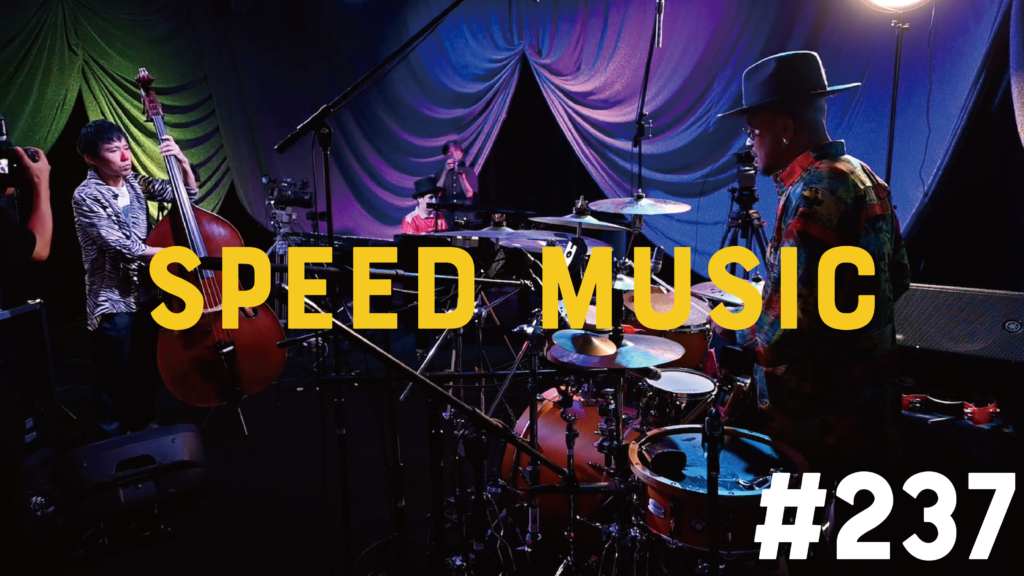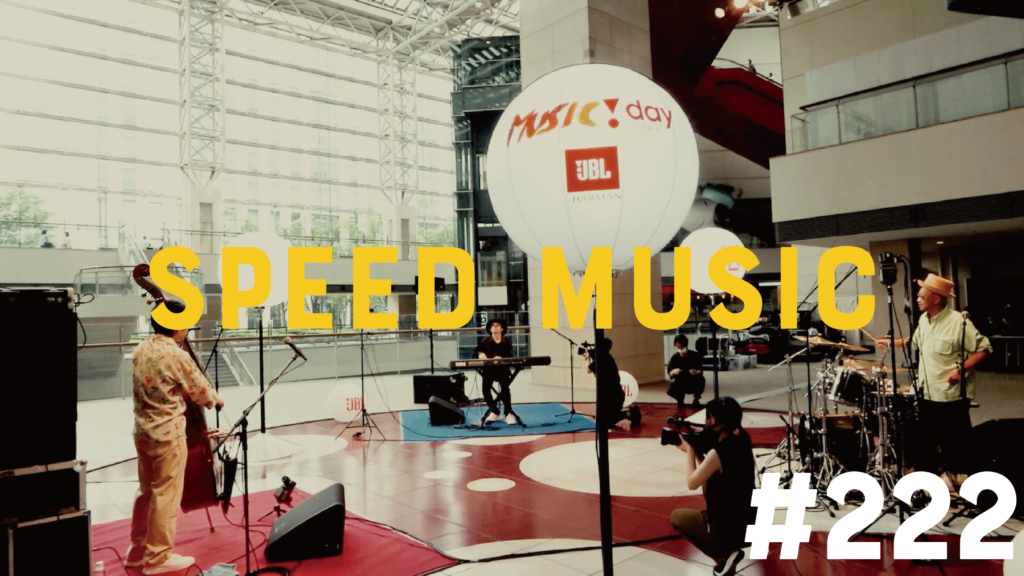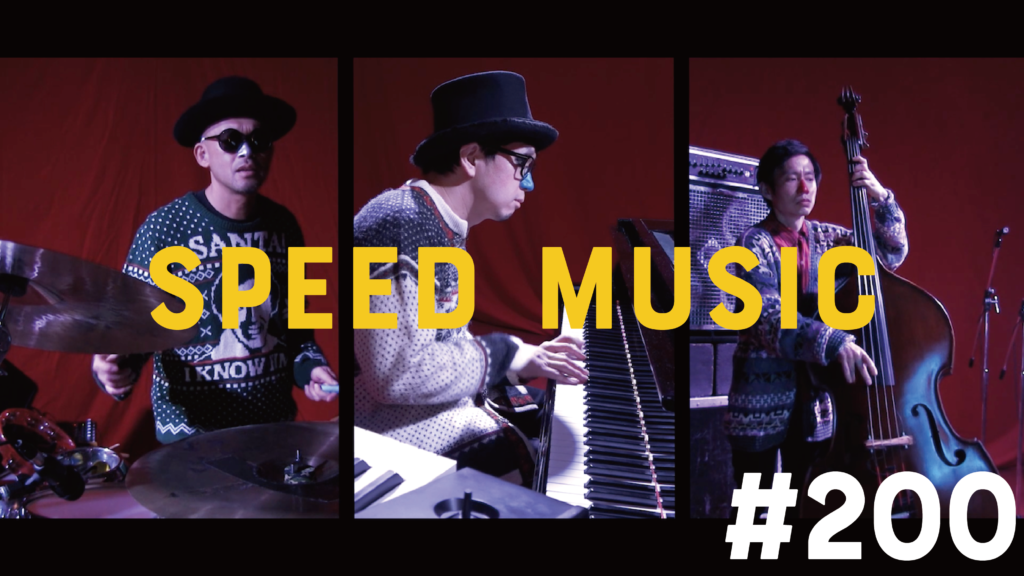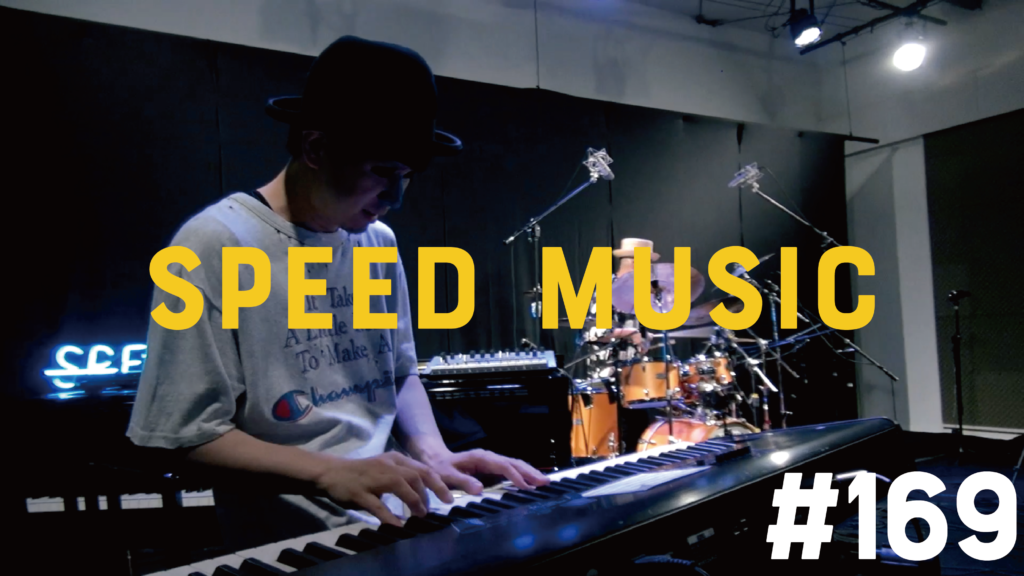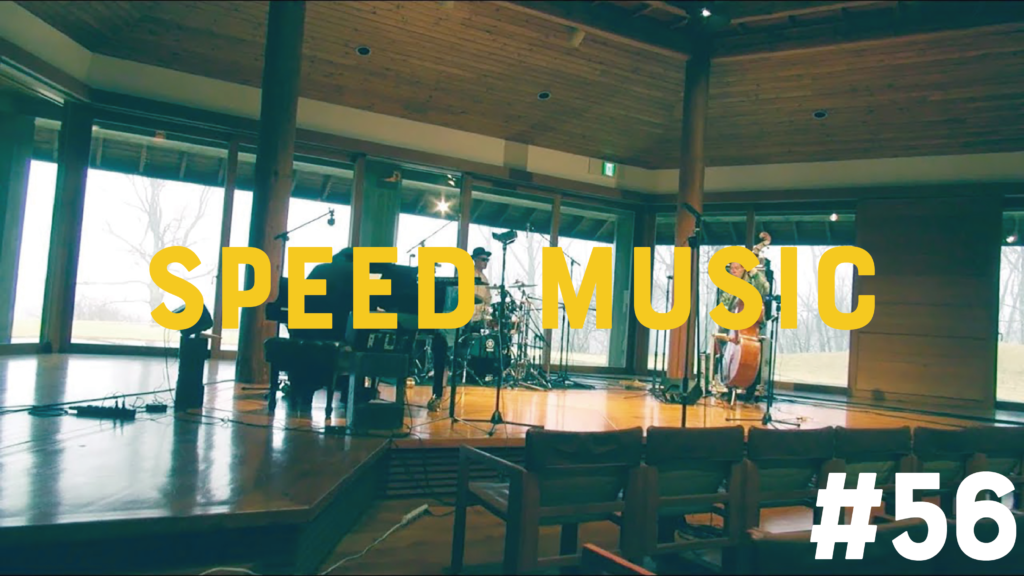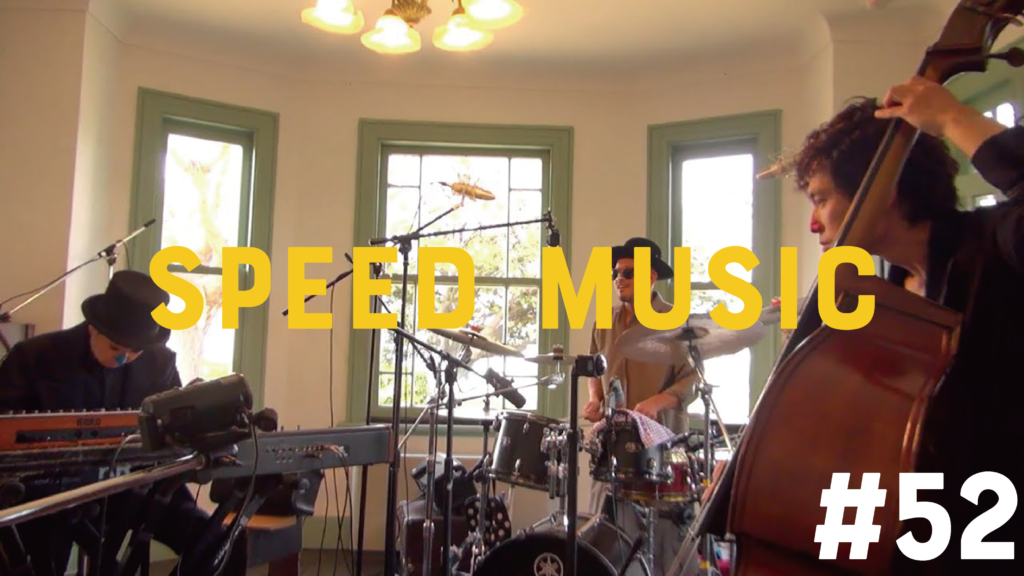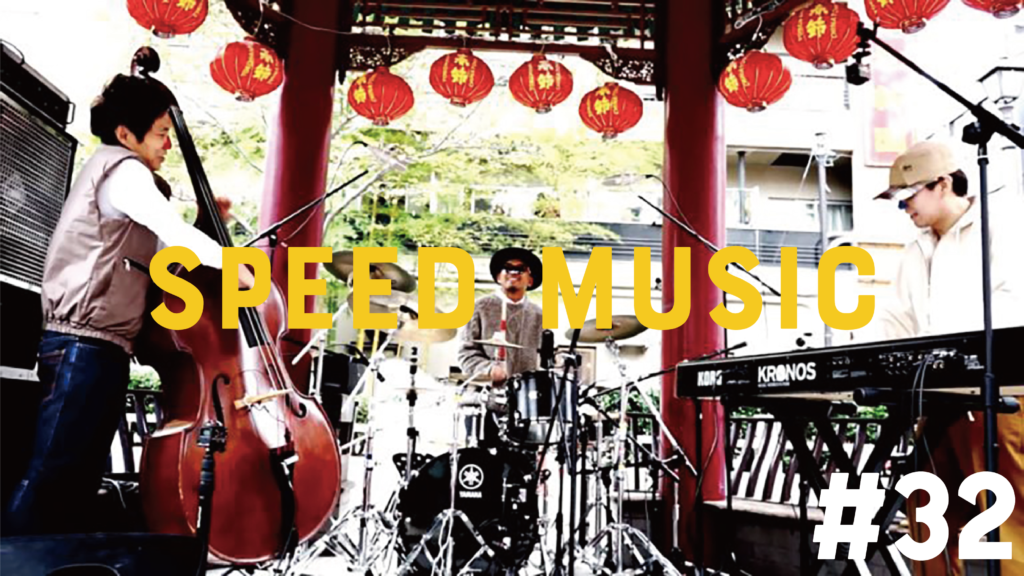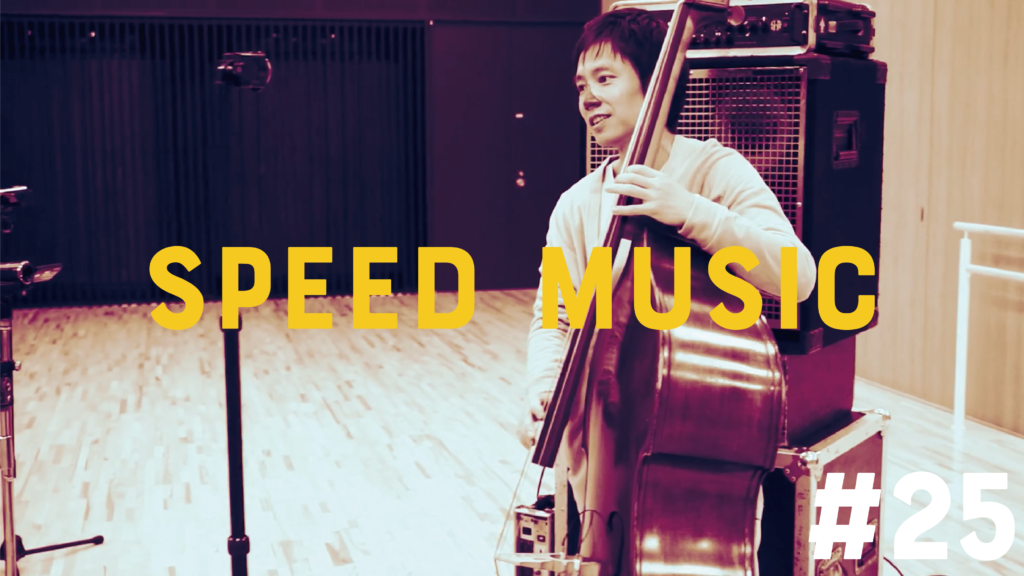#32 リンダ リンダ / THE BLUE HEARTS by H ZETTRIO
THE BLUE HEARTSのメジャーデビューシングルおよび楽曲。1987年5月1日にメルダックからリリースされた。発表から20年近い歳月を経た2006年、オリンパスのデジタルカメラ「μ-DIGITAL」のCMソングとして起用されたが、これもシングルバージョンとなっている。また現在でも日本の高校野球では「TRAIN-TRAIN」など共に、応援歌として演奏される事がある。(フリー百科事典 ウィキペディア日本語版より:https://x.gd/qw3az)
THE BLUE HEARTS' major debut single and songs. It was released by Meldak on May 1, 1987. In 2006, nearly 20 years after its release, it was used as the commercial song for Olympus' digital camera "μ-DIGITAL", but this was also released as a single version. Even now, it is sometimes played as a cheering song in Japanese high school baseball games, along with ``TRAIN-TRAIN.'' (From the free encyclopedia Wikipedia Japanese version: https://x.gd/qw3az)
